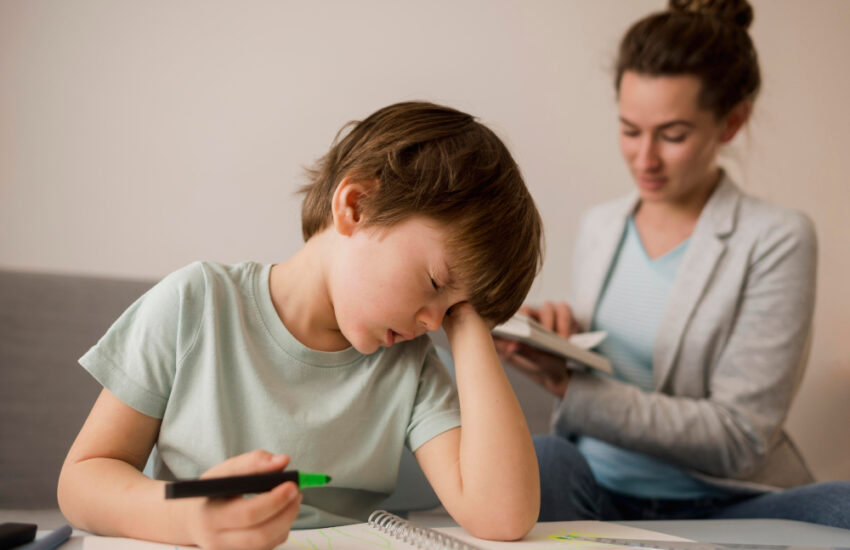Attachment is the emotional bond formed between a child and their primary caregiver, laying the foundation for healthy social and emotional development. However, when this bond is disrupted or insecure, it can lead to attachment difficulties in children, often manifesting in various childhood emotional and behavioural disorders.
Additionally, children with attachment difficulties are at an increased risk of developing other mental health issues such as anxiety disorders, depression, and even developmental delays such as Autism Spectrum Disorder and Attention Deficit Hyperactivity Disorder. The inability to form secure attachments can profoundly affect a child’s sense of safety and security, leading to pervasive emotional and behavioural challenges that extend into adolescence and adulthood if left unaddressed.
As parents, educators, or caregivers, it is essential to provide the right support and environment to help children with attachment issues navigate their emotions and build healthy connections. Here are some strategies to help children with attachment disorders:
Establish Safety and Predictability
Consistency and predictability are essential for children with attachment issues. Establishing routines and clear expectations can help create a sense of safety and security. Ensure that the child knows what to expect and feels secure in their surroundings.
Offer Unconditional Love and Acceptance
Children with attachment issues may struggle with feelings of unworthiness or fear of rejection. Show them unconditional love and acceptance by offering praise, affection, and reassurance. Let them know that they are valued and loved regardless of their behaviour or past experiences.
Build Trust
Be reliable and consistent in your interactions with the child to build trust. Follow through on promises, be punctual, and avoid sudden changes whenever possible.
Encourage Emotional Expression
Help the child identify and express their emotions safely and healthily.
Provide Opportunities for Attachment
Engage in activities that promote bonding and attachment, such as reading together, playing games, or engaging in creative activities.
Seek Professional Help
If the child’s attachment issues are severe or significantly affecting their daily functioning, consider seeking professional help from a specialist clinic in Gold Coast. Healthcare providers such as GC Specialists Clinic can provide specialist care for Depression, Mental health in children, depression, anxiety, childhood emotional and behavioural disorders, school refusal, attachment difficulties, Childhood trauma, Attention Deficit Hyperactivity Disorder tailored to your child’s specific needs.
Involve the Family
Engage the child’s family members, including parents, siblings, and extended family, in the support process. Encourage open communication and collaboration to ensure consistency in the child’s environment and support system.
Educate Yourself
Take the time to educate yourself about childhood emotional and behavioural disorders. Understanding the underlying causes and behaviours can help you provide the required support.

